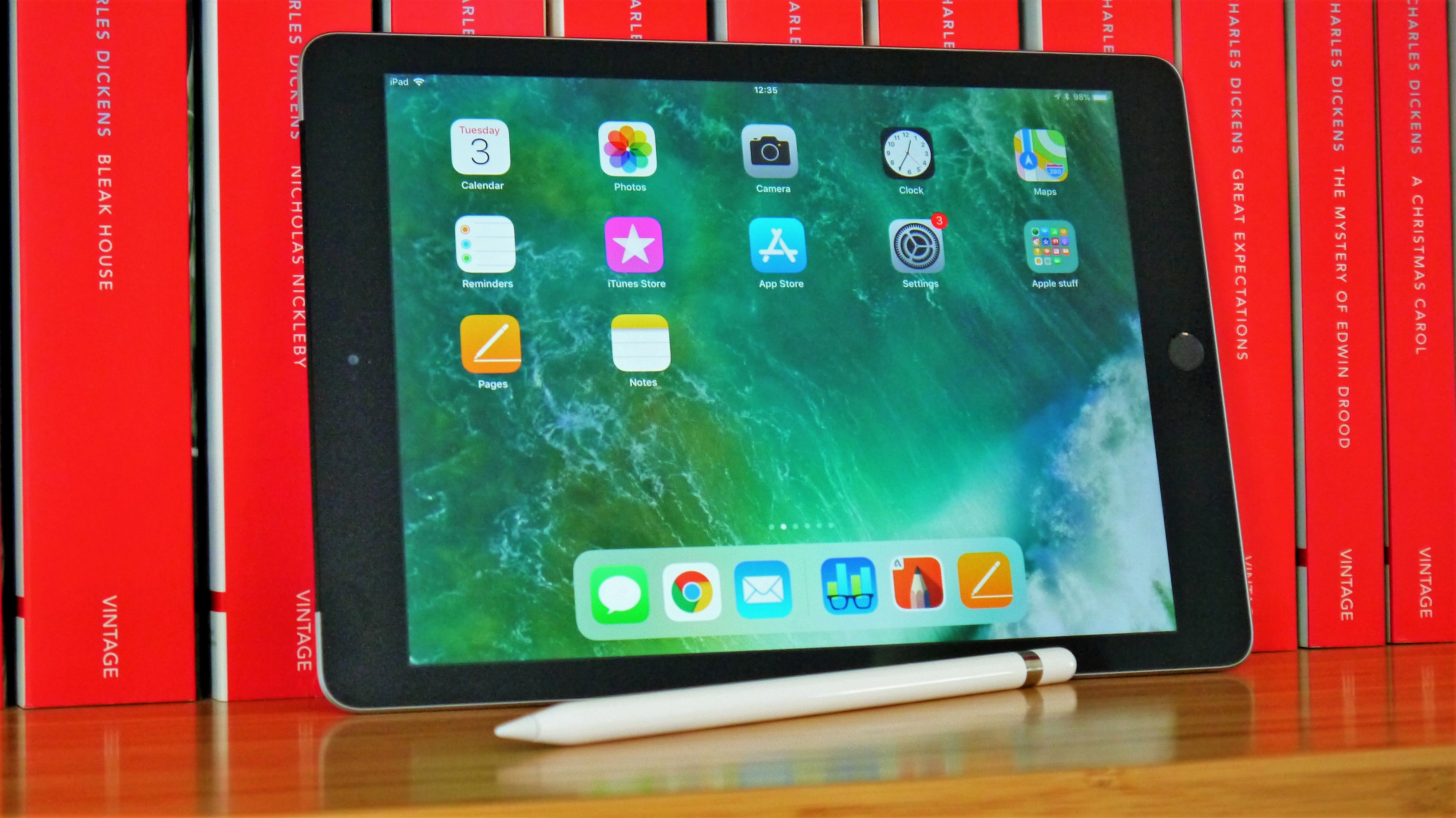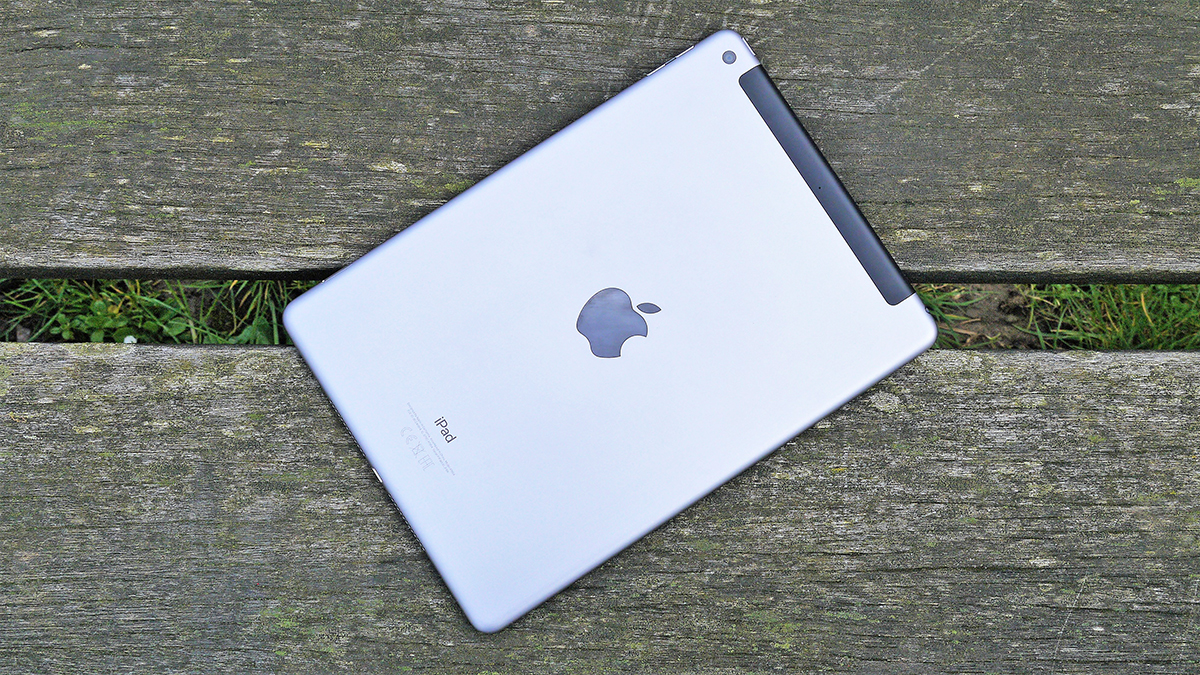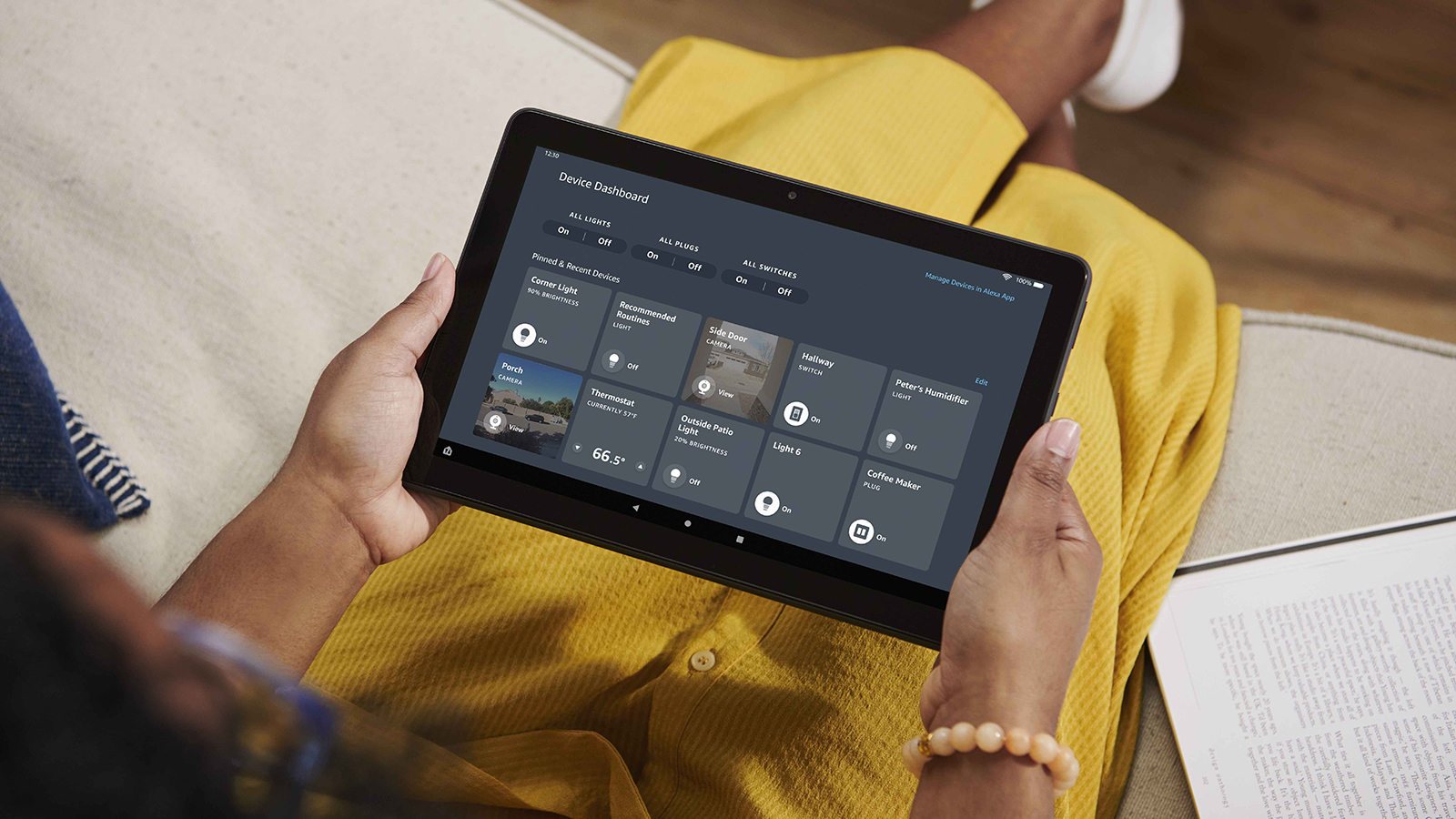Why cheap tablets are the best gadgets for students
You don't need a Pro tablet, or even a laptop

Sign up for breaking news, reviews, opinion, top tech deals, and more.
You are now subscribed
Your newsletter sign-up was successful
If you're a student looking to buy a new gadget, you've probably seen lots of people trying to talk you into buying the newest super-expensive laptop or tablet for work.
And if you've just won the lottery, maybe those are good suggestions. But otherwise, you don't need to buy the MacBook Pro M2 or Samsung Galaxy Tab S8 Ultra - no, if you're on your way to uni, you only really need to buy a cheap tablet.
Usually, 'best X for students' guides list all the priciest products - but I got through my degree with the cheapest thing I could find, and I'm here to tell you that you can do the same too.
What you need for your education
I should preface this advice by saying that, while it applies to most people, there are always exceptions to the rule. Some people, particularly ones in tech or engineering-focused courses, may actually need a powerful slate. Others might not need a gadget at all. But for the vast majority of us, you'll need anything that works fine.
The key function that unites all students' needs is word processing - you need to be able to type notes in lectures, and write out essays in the library (or, more realistically, student bar). The ability to free-draw is important for many too, in case you need to take hand-written notes or sketch for your courses.
The device needs to be okay for watching movies in bed and playing music in your room, too. It's got to be good not just for work, but for play as well.
But for those functions, literally any device with a screen works fine - maybe you'll want to buy a keyboard or stylus too, but that's optional. You don't need to spend $1,000+ when a $100+ does the trick.
Sign up for breaking news, reviews, opinion, top tech deals, and more.
That brings us to the other key feature that's on most students' top features list: a low price.
Cheap is the most important adjective
Unless things have changed massively in the three years since I graduated, money is the first thing on any student's mind (far ahead of 'the degree', and just beyond 'where shall we go out tonight').
You're always planning to go out to the cheapest bar, planning evenings where you can spend as little money as possible, trying to finagle the cheapest home-cooked meals (no matter how weird it'd sound to a non-student - I became a fan of baked beans and spaghetti for a while).

Most students are living with their bank accounts sitting perilously close to 'zero', and even when student finance payments come in, that usually quickly goes towards rent, bills and the essentials for class. This is the case even for students like me, who worked a job while studying.
With that in mind, how many students have enough money to buy expensive laptops or tablets? Who can afford devices with 'Pro' in the name, or a fancy MacBook, as well as all the accessories necessary? Not me for one.
That's why for uni, my ultimate productivity tool turned out to be the iPad 9.7 (2017).
A love letter to my iPad
I picked this iPad was because it was the cheapest tablet I could find. It's from Apple's lowest-end line, but it also wasn't the newest member of the family, so it was a bit cheaper. Plus, I could readily find student discounts on the thing.
Admittedly I wasn't a tech journalist then, so wasn't aware of all the other budget tablets made by Samsung and Amazon at the time, but when you're busy with your parties studies, you don't want to spend ages researching.
But there's another benefit to Apple devices that helped me save more money: thanks to how widespread there are, you can easily pick up peripherals for them for a low cost. I managed to buy a fake-leather cover for the thing for cheap, which also worked as a stand.
I didn't even use an external keyboard, relying on the on-screen one instead - when you're looking to save money on things, you can't afford to be picky.
I spent about £300 (I guess that'd be about $350 in the US, given how Apple prices things) on the tablet and all its accessories - sure, that was a little more than I was hoping to spend, but my tired laptop just couldn't limp on for another year of my degree. So I knew I needed to upgrade.

And you know what? It worked perfectly. It was fine for doing all my essays and dissertation, I could play music out loud from it at home, I watched movies on it - in fact, I also relied on it for social media, as I didn't own a smartphone at the time (not because it was that far in the past; I just couldn't afford one).
It's not just the iPad
The iPad isn't the only budget productivity device out there, because at uni and since then, I've seen just how versatile tablets can be, even at the budget end.
For example, a friend of mine uses the Amazon Fire HD 10 as his main device. He's got a keyboard folio for it and props it up in coffee shops, proudly using it just as everyone around him uses their fancy iPad Pros.
Sure, it's not got much processing power - but do you know how demanding word processing or script writing apps are? Not very! I think people overestimate how much power the average tablet user needs.
Samsung Galaxy A devices are also great, especially if you just need an on-the-go device for note-taking. It's a shame they're not as widely supported by peripherals and accessories as iPads are.
Thanks to this tablet being great as a student, I became convinced that this kind of affordable slate is all someone at college needs. That's why, when I see people recommend super-expensive devices to students, it feels wrong - you don't need to spend more than I did.
Even if you can afford pricey tech, save your money for the great experiences that this time of your life brings, not for some hunk of plastic and metal. Our list of the best cheap tablets will give you our favorite affordable slates.

Tom Bedford is a freelance contributor covering tech, entertainment and gaming. Beyond TechRadar, he has bylines on sites including GamesRadar, Digital Trends, WhattoWatch and BGR. From 2019 to 2022 he was on the TechRadar team as the staff writer and then deputy editor for the mobile team.